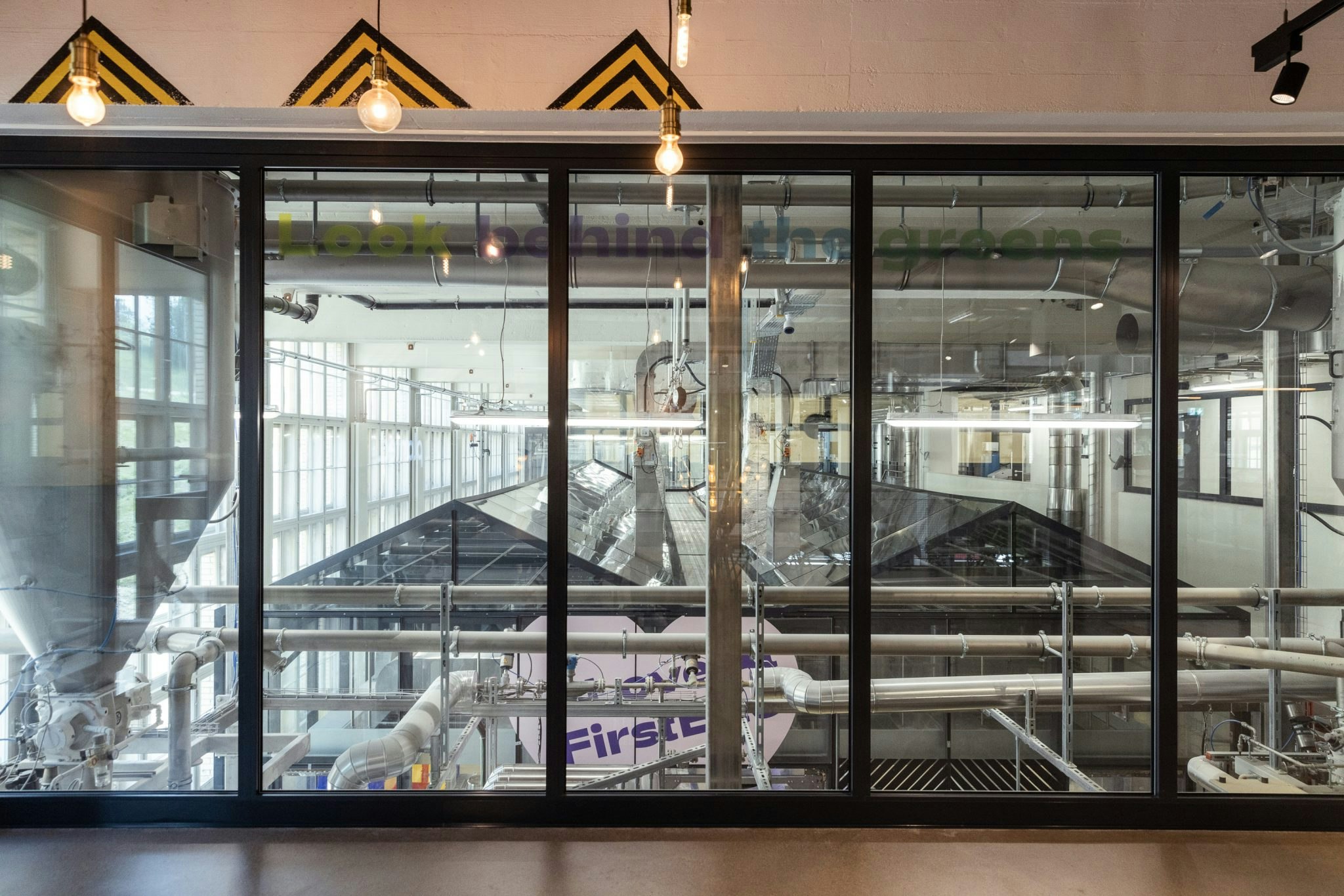Securing state subsidies remains a “huge challenge” for European deeptech companies, one that could cost the continent some of its most innovative technologies, says Christoph Jenny, cofounder of Swiss plant-based food startup Planted.
Jenny cofounded the startup in 2019 as a spinoff from ETH Zurich, Europe’s most successful university at spinning out research into companies. Planted now has several products on the market, including plant-based chicken and duck, BBQ skewers and, its most recent addition, a steak made using fermentation, in supermarkets across the UK, France, Italy and the DACH region.
But securing grants to fund R&D has not been easy for the company, which has so far raised $107m in grants and venture capital.
“As a Swiss-European citizen, it is still a big concern that we will lose amazing technology in the long run, if we don’t support [deeptech companies]”, he says.
“You can get a lot of support for smaller projects, like improvements of existing factories… but in terms of support for bringing new technology to market, I believe we’re still at a very big disadvantage versus other geographies,” he adds, pointing to the more generous subsidies on offer in the Middle East, the US and Asia.

The US has already lured many European founders with its mammoth climate bill channeling $369bn into green technologies. For foodtech, Singapore is seen as a leader in government-sponsored initiatives to help alternative meat and cultivated meat companies scale — and, as of 2023, has invested SG$114m (€78m) in alt meat.
Funding for deeptech research “fragmented”
Part of the issue with securing funding in Europe, says Jenny, is that the funding landscape is too “fragmented”.
It’s a complicated web of hundreds of different programmes with different pots of money across different geographies in Europe: it can be confusing for startups to know what to apply for.
The European Innovation Council (EIC) alone has three different programmes: Pathfinder, which offers grants of up to €3m for deeptech startups; Transition, which offers €2.5m grants for spinouts; and an accelerator offering grants of €2.5m — plus a €3.5bn fund making equity investments in deeptech startups. Each country in Europe offers their own startup grants too.
In the end, it slows companies down to have to piece together funding with “smaller cheques from different entities,” says Jenny, though he adds that he does not want to “diminish in any way” the impact that capital has on startups.
“We are evaluating at this moment alone 15 different funding programmes for 2024/2025 to fund our part our research,” says Jenny.
“In some cases, we need to have advisors to help us understand all the regulations as it’s often not clear.”
The necessity of grants
With VC funding for foodtech startups in Europe falling from $5.9bn in 2022 to $3.8bn in 2023, state subsidies are crucial for startups.
Planted recently rolled out a new fermented steak — the first product to be developed using the company’s so-called ‘whole muscle’ platform, which uses a combination of extrusion and traditional fermentation to produce juicy pieces of meat, high in B12.
The company says it can produce a “whole muscle” — a full loin — of 2-4kg that can be cut and processed like normal meat, creating anything from roast beef to thin cuts of meat. What’s more, Planted says its new steak produces 97% fewer CO2 emissions per product weight compared to animal meat.
But the project nearly didn’t happen.

Planted was in the process of getting a grant from Horizon Europe, to fund the research of its new fermentation platform.
But the application was cancelled when Switzerland left Horizon Europe over growing EU-Swiss tensions in July 2021. (Since then, the European Council has opened up negotiations with Switzerland to bring it back into the programme, and recently signed off on a new mandate to allow Swiss companies to apply for grants from the European Research Council.)
Luckily the Swiss government stepped in at a crucial point, says Jenny. Planted was awarded 2m Swiss francs (around €2m) as part of the Swiss Accelerator Program, operated by the Swiss Innovation Agency Innosuisse, allowing it to complete the project and get the steaks to market.
It can be really game changing for a company, but also, the foodtech space if people get funding on time.
It’s since opened a fermentation facility in Kemptthal, Switzerland, creating 30 new technical and operational jobs.
“In this particular situation, we would not have developed a product so fast if we would have not gotten this funding, because there was still so much uncertainty,” says Jenny, adding that a typical equity investor would not want to fund this kind of research.
“It can be really game changing for a company, but also, the [foodtech] space if people get funding on time.”



